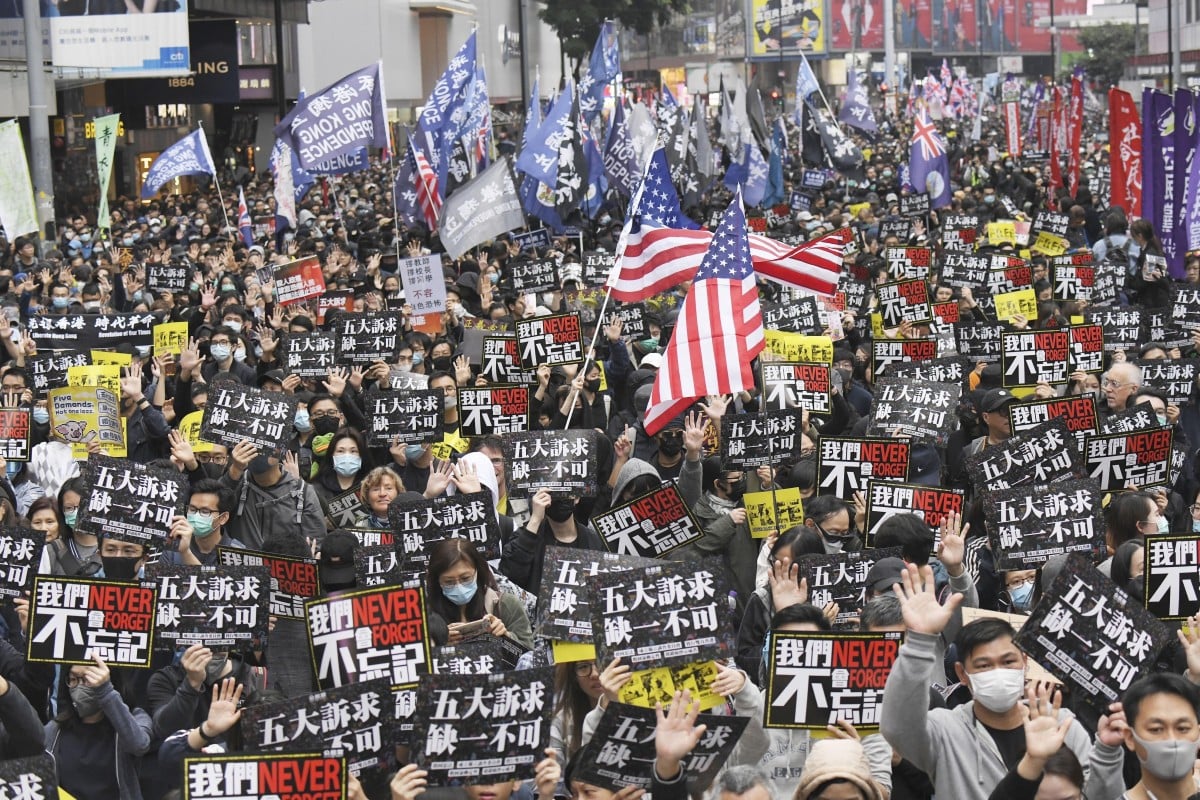how to celebrate 2.5 bn asian millennials leading sd goal generation
| Consequences what happens when America's richest programmer bill gates reviews Ezra Vogel- Asia-America's kindest connector. .. Macraes' last 100 trips to Asia - they started with dad Norman Macrae teen serving in allied bomber command (today's Myanmar)- The Economist became min diary of Norman Macrae's half century of asian trips from Myanmar 1943 on- we archive that at normanmacrae.net economistjapan.com; connection of my 50 trips with 5 generations of my family in Asia only made full sense from 2001 and mostly 15 trips to Bangladesh thanks to interviews with Fazle Abed & friends 1 2 3 and young chinese scholars at his 80th birthday filled most gaps EconomistPoor.com .. Asia trips 1 to 51 india -1-3 1984-2004; indonesia 4-7 (1982-1994) ; singapore 8-10 (1982-1992) japan (11-17) 1985-2013; thailand (18.19) 1984-1995 ; malaysia (20-21) ; 1993 korea (22-23); 1990-2017 bangladesh (24-39) 2007-2018; dubai (40,41) 2015,6; qatar(42) 2017; china (43-50) 2016-2019 hong kong 51 (1996) like 7 members of my scotttish family tree i have enjoyed the huge privilege of learning more about advancing the human lot from the two thirds who are asian than my own race caucasian
|
Wednesday, December 31, 1997
Tuesday, December 30, 1997
date 8/15/2020
few people have contributed ss much to the world as the 6 million in hong kong
they deserve and are fully capable of doing extraordinary things with the new tech for themselves and all their neighbors- they are in the top division of livesmatter.city
the current situation is complex but it needs to be mediated by people who love hong kong including local billionaires elders of li ka-shing type and education tech wizards like charles yidan as well as support from [people like jack ma
hk can be a great place for real 5g and all the leading edge tech of 2020s www.innovations..ning.com
the last thing hong kong needs to be one of pieces of the world malevolent people like donald trump abuse
today's opinion piece ij jack's newspaper may not be right or wrong but at least it cares




















few people have contributed ss much to the world as the 6 million in hong kong
they deserve and are fully capable of doing extraordinary things with the new tech for themselves and all their neighbors- they are in the top division of livesmatter.city
the current situation is complex but it needs to be mediated by people who love hong kong including local billionaires elders of li ka-shing type and education tech wizards like charles yidan as well as support from [people like jack ma
hk can be a great place for real 5g and all the leading edge tech of 2020s www.innovations..ning.com
the last thing hong kong needs to be one of pieces of the world malevolent people like donald trump abuse
today's opinion piece ij jack's newspaper may not be right or wrong but at least it cares
Regina Ip
Why Hong Kong does not need more democracy right now
- The chaos and instability unleashed by the quest for universal suffrage, the gridlock in the legislature and the government’s declining efficacy support a halt in the expansion of democracy
TOP PICKS
Sponsored
Contact our showroom.
Proposed by
Sub-Zero, Wolf, and Cove

News
If Hong Kong is going to hell, isn’t Trump’s America already there?
15 Aug 2020

Comment
What’s Hong Kong’s best defence against US sanctions?
15 Aug 2020

This Week in Asia
China is planning an economy that can survive a protracted war
15 Aug 2020

Comment
Self-censorship a result of uncertainty about national security law
16 Aug 2020

Comment
Disconnecting China from global trade will help no one
15 Aug 2020

Comment
Class-action lawsuits a plus for investors
15 Aug 2020

Comment
Why Trump’s anti-China policy is doomed to fail
15 Aug 2020

Comment
New Zealand’s China trade vulnerabilities a lesson to others
15 Aug 2020

Comment
Why decoupling is dangerous for everyone
14 Aug 2020

This Week in Asia
Why China should remember its post-war push for personal freedoms
15 Aug 2020

Sponsored
How proton therapy targets cancer
Proposed by
MD Anderson Cancer Center

Sponsored
How proton therapy targets cancer
Proposed by
MD Anderson Cancer Center



Tens of thousands of anti-government protesters march in central Hong Kong on January 1 as they continue to pressure the government to meet their five demands, including greater democracy, amnesty for arrested protesters and an independent inquiry into police use of force. Photo: Kyodo
Ever since the future of postcolonial Hong Kong became an issue in the early 1980s, the quest for universal suffrage, narrowly equated with democracy, has in some quarters become the be all and end all of the “one country, two systems” project.
The outgoing British rulers deftly managed to escape censure for not granting Hongkongers universal suffrage much earlier, but China got blamed for allegedly breaking its “promise” of democracy in the
on the future of Hong Kong.
In fact, the words “universal suffrage” never appear in the Sino-British Joint Declaration. The promise of universal suffrage was made by China in the
, as a long-term possibility and subject to certain clear preconditions: “in the light of the actual situation” and “in accordance with the principle of gradual and orderly progress”.
In early 2013, former law professor Benny Tai Yiu-ting unveiled his “
” plan to pressurise Beijing into fulfilling its “universal suffrage” pledge. The tumultuous events which followed hardly portray a path to democracy which accords with the principle of “gradual and orderly progress”.
The years that followed Tai’s clarion call have been anything but peaceful, punctuated by the unlawful occupation of Hong Kong’s business districts for 79 days in late 2014, the
in Mong Kok in early 2016, and the year-long, often violent anti-government protests which started in June 2019.
Some democracy advocates argue that the answer to Hong Kong’s democratic convulsions is more democracy. Yet the chaos and instability unleashed by the quest for universal suffrage, coupled with the gridlock in the legislature, and the government’s declining efficacy, lend strong support to the opposing view that the situation in Hong Kong calls for a halt rather than an advancement in the expansion of suffrage.
The origins and process of Hong Kong’s democratic development differ radically from those of Singapore, the Asian counterpart Hong Kong is often compared to. Led by its indomitable founding father
, Singapore won its independence by fighting colonialists and communists, and negotiating a divorce with Malaysia.
OPINION NEWSLETTER
Get updates direct to your inbox
By registering, you agree to our T&C and Privacy Policy
In comparison, Hong Kong’s democratic stirrings in the 1980s did not emanate from the masses. A new, representative model was superimposed by the departing colonial masters, under the pretext of protecting human rights, but more with a view to curbing the potentially sweeping powers of the Chinese state.
Twenty-three years after the handover, the United States has filled the void left by the British to act as the promoter-in-chief of Hong Kong’s democracy. Brushing aside the preconditions set by China in the Basic Law, American politicians have introduced resolutions and
that would have Hong Kong leap forward to “freely and fairly nominate the chief executive”, and establish by 2020 “open and direct elections for all members of the Hong Kong Legislative Council”.
Such commands on Hong Kong were written into US laws, notwithstanding that the US itself took 144 years after its independence to grant women the right to vote, and 189 years to grant its black people an uninhibited right to vote with the passage of the Voting Rights Act in 1965.
The establishment of the National Endowment for Democracy in 1983 by the Reagan administration signals a clear shift in US foreign policy to focus on fostering democratic change in communist and non-communist “authoritarian” countries. Yet chronicles of American efforts to democratise show that waves of democratisation in many parts of the world have been interrupted or reversed.
Many of the newly formed democracies which have implemented universal suffrage only satisfy the formal or minimalist requirements of democracies.
Many such countries have not been able to maintain economic growth, guarantee the protection of individual rights and freedoms, stamp out corruption, ensure social justice or simply give their people a better life. They have failed miserably on the test of performance legitimacy.

Boys wear costumes and carry Libyan flags during a celebration of the eighth anniversary of the revolution in Benghazi, Libya on February 17, 2019. The oil-rich nation has been rocked by violent power struggles between an array of armed groups since the Nato-backed overthrow of dictator Muammar Gaddafi in 2011. Photo: Reuters
While championing democratisation abroad, the US has consistently turned a blind eye to the fact that not all countries or territories are as exceptionally endowed with all the right conditions for a flourishing democracy as itself. Hong Kong’s fledgling democracy, unlike democracy in the US, was not founded by elites firmly committed to democratic ideals.
It was imposed top-down, and the elites, which in Hong Kong’s plutocratic society usually take the shape of well-heeled tycoons and professionals, soon found the opportunity costs of democratic politics not worth their labours. As the result, with few exceptions, Hong Kong’s elites have not taken part in competitive elections.
As the outcomes of the “
” conducted by the pan-democratic camp last month manifest, the traditional democrats have been overshadowed by the
, and the Civic Party, which used to be led by elites, have become hijacked by radicals. Following the enactment of the national security law, political parties have no future if they are found to be in cahoots with external forces to foster regime change.
A democracy cannot function effectively to give people hope if opposing camps cannot work together to solve problems and deliver change. Hong Kong’s democracy advocates are bound to fail if what they seek is political change which runs counter to China’s constitution and national policies. The recourse to violence and external pressure to enforce change would only provoke a sharp response, which could spell the untimely demise of Hong Kong’s fragile democracy.
Regina Ip Lau Suk-yee is a lawmaker and chairwoman of the New People’s Party
Rebel City: Hong Kong’s Year of Water and Fire is a new book of essays that chronicles the political confrontation that has gripped the city since June 2019. Edited by the South China Morning Post's Zuraidah Ibrahim and Jeffie Lam, the book draws on work from the Post's newsrooms across Hong Kong, Beijing, Washington and Singapore, with unmatched insights into all sides of the conflict.
for HKD$198. Rebel City: Hong Kong's Year of Water and Fire is also available at major bookshops worldwide and online through
,
,
, and
.
Subscribe to:
Posts (Atom)


